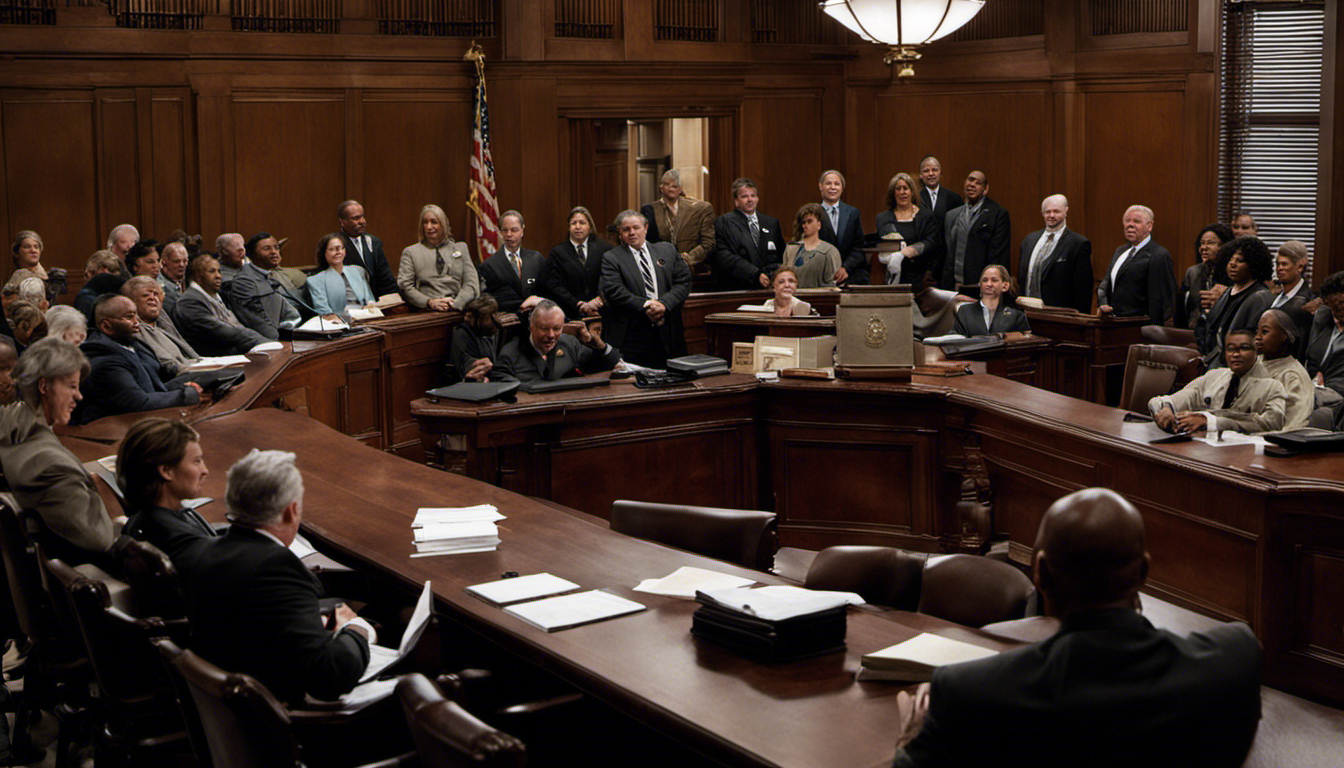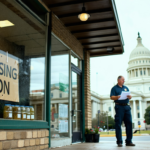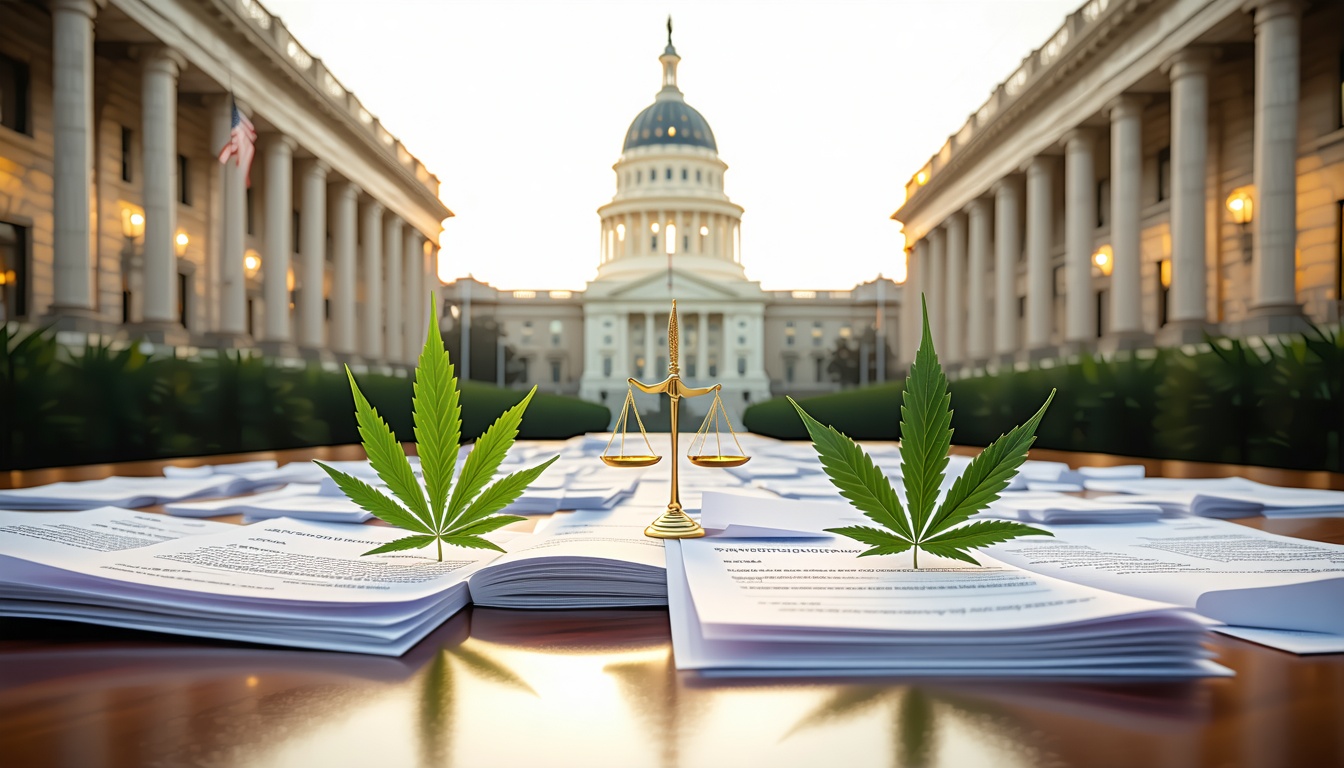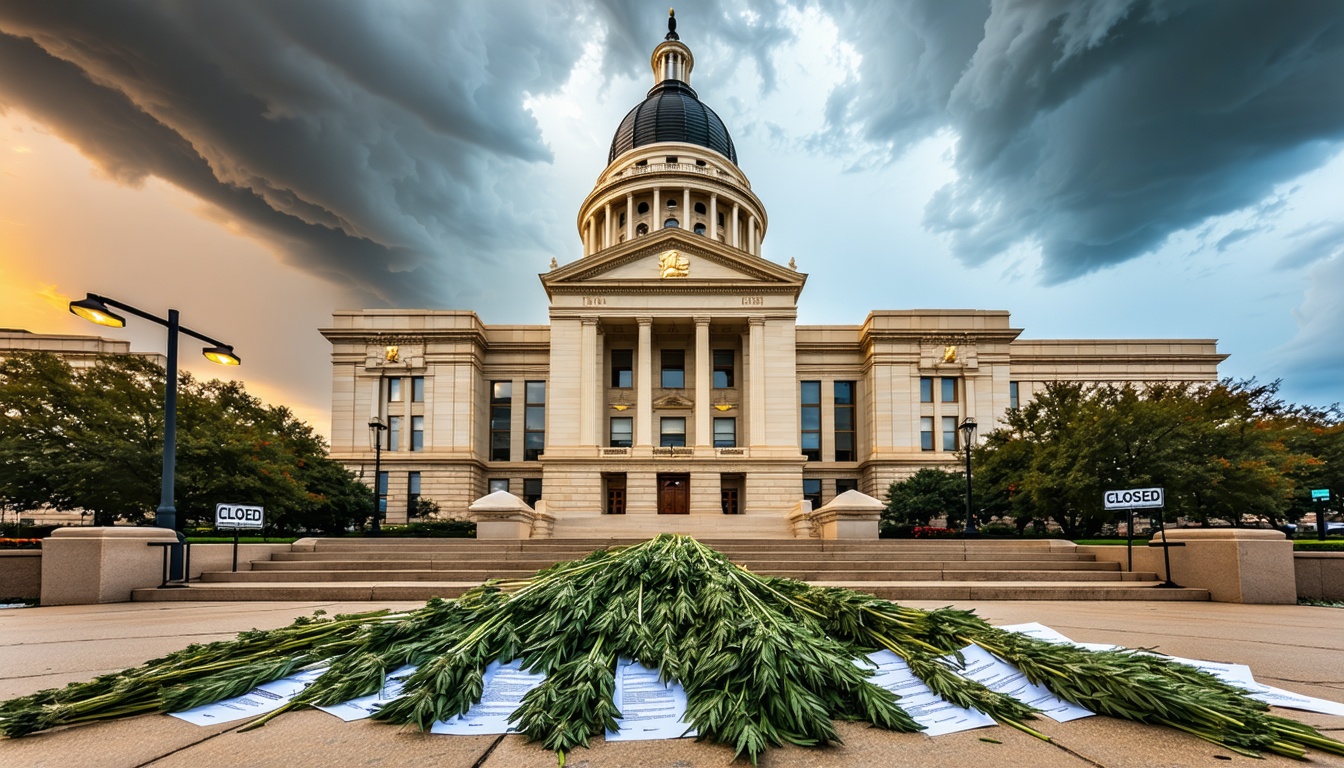DEA Marijuana Rescheduling Hearing Delayed Until 2025
The Drug Enforcement Administration (DEA) has delayed its hearing on the Biden administration’s proposal to reschedule marijuana from Schedule I to Schedule III until 2025. The hearing was initially set for December 2, but Chief Administrative Law Judge John Mulrooney has issued a preliminary order requesting additional information and potential availability dates for a formal hearing in January or February 2025.
The DEA had selected over two dozen witnesses to participate in the hearing, including organizations and individuals who support and oppose the proposed rule change. However, the judge found that the information provided by the witnesses was insufficient and requested that they provide additional details, including their stance on the proposal and any potential conflicts of interest.
The delay is a setback for advocates who had hoped to see the rule change finalized this year. The proposal was first announced in March, following a scientific review, and was met with widespread support from medical professionals, patients, and advocates.
Despite the delay, many remain optimistic that the rescheduling will ultimately be approved. Paul Armentano, deputy director for NORML, noted that the administrative process can be slow and cumbersome, but that the scientific consensus is clear: cannabis does not meet the criteria for a Schedule I controlled substance.
The delay has also been attributed to federal bureaucracy, with Vice President Kamala Harris previously expressing frustration with the slow pace of the rescheduling process. However, both Harris and former President Donald Trump have voiced support for the reform, and the proposal has bipartisan backing.
The DEA’s decision to delay the hearing comes as a new study has found that marijuana can help reduce opioid use and withdrawal symptoms. The study, conducted by the University of Southern California, found that participants who used cannabis reported reduced opioid use and improved treatment outcomes.
The delay has also sparked debate among advocates, with some expressing disappointment and frustration, while others remain confident that the rescheduling will ultimately be approved. The U.S. Cannabis Council, a trade association, expressed disappointment but remains confident in the process, noting that the debate is over and that the policy and politics are aligned.












